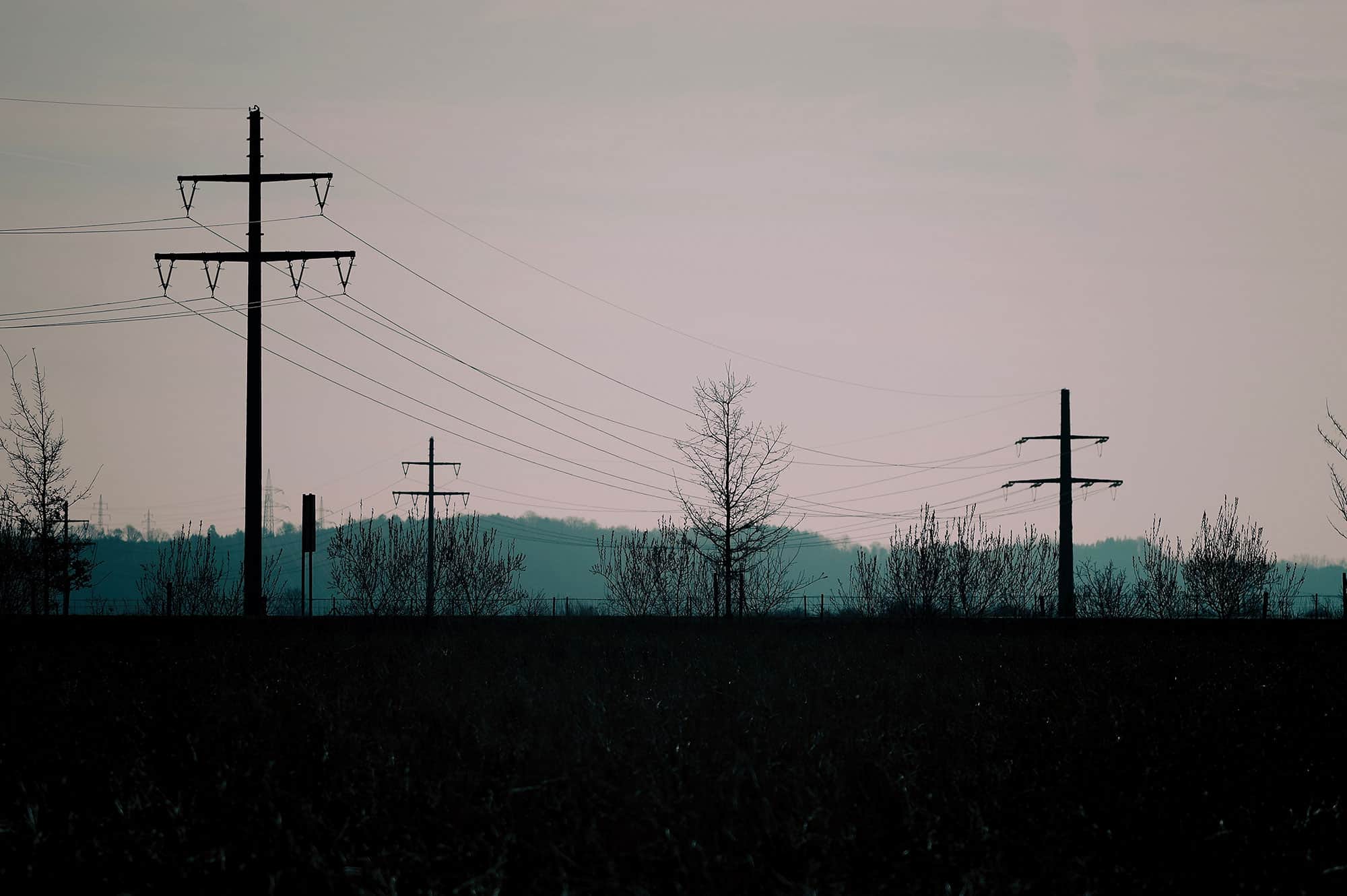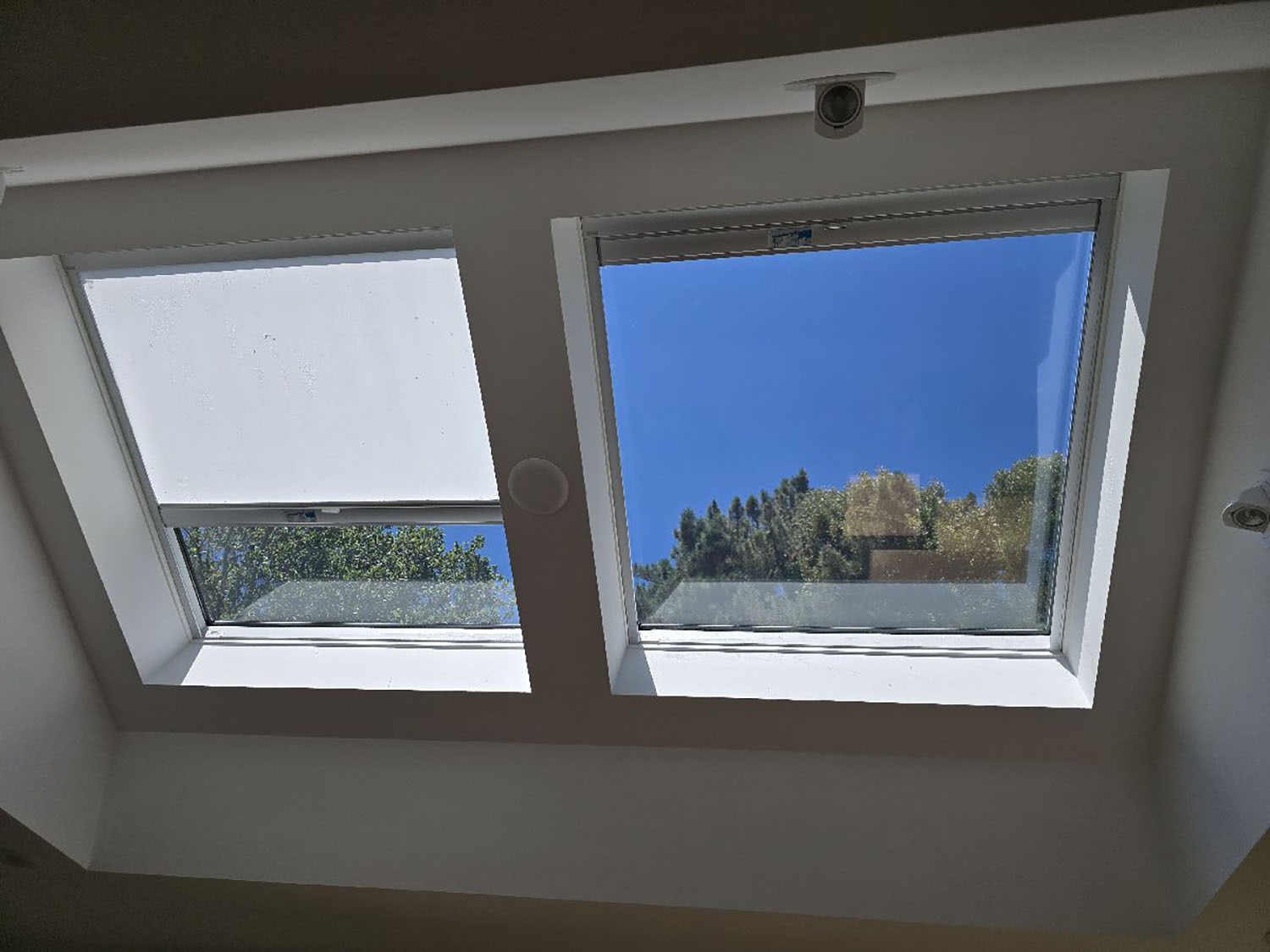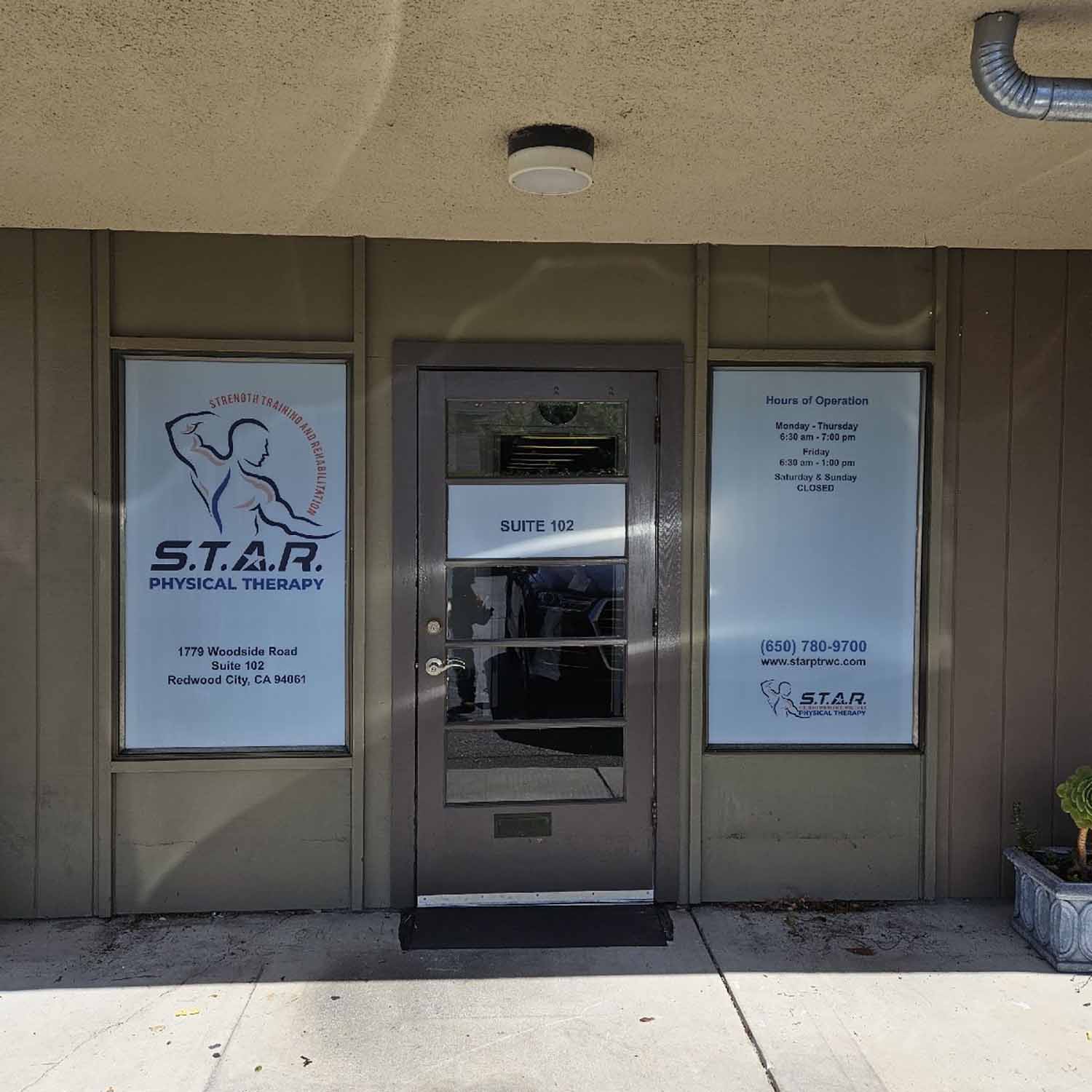
It’s been a harrowing week for our Northern California friends and family as another active fire season has begun. As residents of the San Francisco Bay Area like most of our customers, the ClimatePro team wanted to share some helpful tips and suggestions for keeping your family safe and secure during these challenging times. This post will focus on one effect of the current fire season: Bay Area power outages. Here are 10 tips to keep your family safe.
10 Tips to Prepare Your Family for Bay Area Power Outages
-
- Keep your phones and other electronic devices charged. Being able to communicate during a power outage is important and especially so during fire season. Make sure to have your chargers and cords ready and in good condition. It’s a good idea to keep them connected to power, even while in use. Have a charger and cord ready for your car in the case of evacuation. If your vehicle doesn’t have USB charging, a car charger that connects to a lighter is also an excellent investment during power outages..
- Keep your gas tanks full. There are a few reasons to do this during fire season. Most gas pumps are electronic and won’t work during a power outage. Second, when evacuation orders are issued, traffic increases dramatically and access to gas stations can be limited due to heavy usage. Third, you might find yourself sitting in traffic for extended periods of time, especially if traffic signals are down.
- Withdraw reserve cash from a bank or ATM. It’s good to have cash on hand, as some grocery stores may allow you to purchase supplies when their registers go down. Also, ATMs may fail to operate during a power outage.
- Manually open automatic garage doors. Become familiar now with how to open and operate your automatic garage doors during a power outage. Many automatic garage doors come with an emergency cord that allows you to manually operate it. In fire-prone areas, it is a good idea to invest in automatic garage doors with battery back-up. Show your children how to operate the garage door manually. Have a step ladder or stool available if needed.
- Have a 7-day emergency food supply. This is a must-have for families in emergency prone places like California. Supplies should include 3 gallons of water per person, dried and canned foods. Choosing foods that can be eaten without cooking is a practical and wise idea.
- Keep a fully-stocked and updated emergency kit. Your emergency kit should include flashlights, batteries, a battery-powered radio, first aid kits, back-up medications, blankets, important documents (passports, etc.), a change of clothes and shoes. Since batteries die, it’s good to schedule monthly checks. It is beneficial if each member of the family has an emergency kit, perhaps in a backpack, for easy access and use in case of separation.
- Manage appliances and electronics during a power outage. When the power goes out, it’s a good idea to unplug computers and other electronic devices. This will prevent damage from a power surge once the electricity is turned back on. Protecting them with a surge protector is a good idea as well. Refrigerators will generally keep food cold for 4 hours; a freezer for 48 hours, as long as the doors are not opened. If possible, get ice and fill any coolers before an outage. Adding bags of ice to your refrigerator and freezer can also help them stay cold during an outage.
- Use generators and heaters wisely. Do not use a generator indoors, as this creates the dangerous risk of carbon monoxide poisoning and can be a potential fire hazard. Generators should be at least 20 feet from your home with the engine exhaust directed away from windows and doors. If you do use camp stoves or charcoal grills, only use the outdoors. Avoid the use of gas stoves for heat.
- Have an emergency evacuation plan. If you live or work in a building with elevators, be sure that you know where the stairs are located. Make sure that your family knows where to meet outside of the home. It is also a good idea to have an out-of-state contact person that everyone in the family can check in with in case of separation.
- Be a good neighbor. If you have elderly or infirmed neighbors, the kind thing to do during an outage is to check on them to make sure that they have the needed supplies and are being cared for. Prior to an outage, check in with them to make sure that their family is aware of their well-being. If the need arises, have them join your family during an outage. Be especially aware of them during fire season.
References
KPIX CBS Bay Area
San Francisco Department of Emergency Management
PG&E Alerts
U.S. Dept. of Health & Human Services




